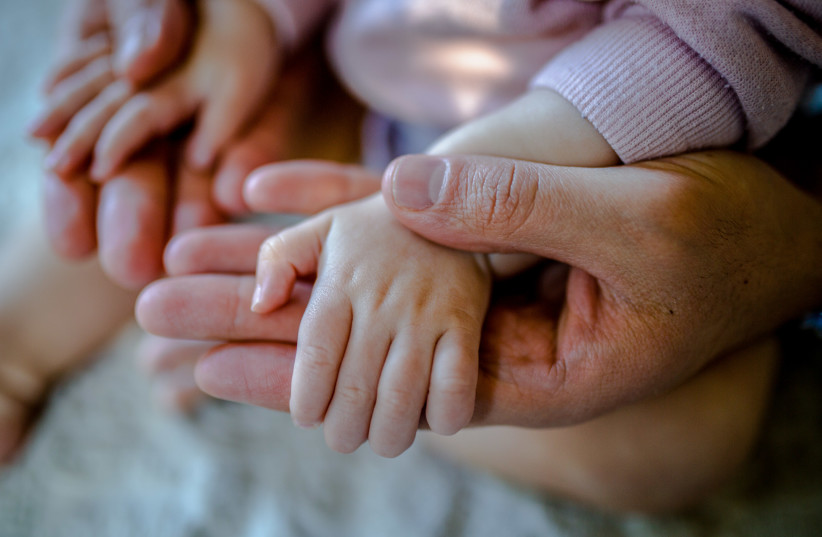It isn't parents' fault for giving their babies unusual names, with an evolutionary biologist saying there is actually an evolutionary reason behind it.
The University of Michigan's Dr. Mitchel Newberry is the biologist in question, turning his focus on naming trends. In particular, he wants to answer the mystery of how some names manage to survive and become popular while others die out.
According to Newberry, many parents tend to avoid names that become popular and instead try to find rarer names in a bid for their baby to stand out more. This is something known as negative frequency-dependent selection.
Newberry looked at a database of baby names in the US from over the last century to look at common names and find out how these names were chosen. He explained that parents trying to help their kids stand out instead of using popular names is just like trying to select genetic traits that are more evolutionary desirable.
"Think of how we use millions of different names to refer to people but we almost always use the same word to refer to baseball," Newberry said, according to News Medical. "For words, there's pressure to conform, but my work shows that the diversity of names results from pressures against conformity."
"For words, there's pressure to conform, but my work shows that the diversity of names results from pressures against conformity."
Mitchell Newberry
He explained that the popularity of names is cyclical. Unique names become popular, but then parents start to look for other names that are less popular to make their children stand out more. This, in turn, makes those popular names less popular, until they eventually disappear.

"This is really a case study showing how boom-bust cycles by themselves can disfavor common types and promote diversity. If people are always thirsting for the newest thing, then it's going to create a lot of new things. Every time a new thing is created, it's promoted, and so more rare things rise to higher frequency and you have more diversity in the population."
This is bad news for the names David and Tamar, which are among the most popular names in Israel. According to Newberry, they should stop being relevant soon.
However, it should be noted that Newberry's 2022 study, published in the peer-reviewed academic journal Nature Human Behavior, said that biblical names – like David and Tamar – have a genuine selective advantage no matter what. That, coupled with the Jewish tradition of naming babies after older relatives, may help ensure David and Tamar remain popular names.
According to the Central Bureau of Statistics, Mohammed was the most common first name given to newborn babies in 2020, with no less than 2,396 babies given this name. The next names on this list are Yosef, given to 1,857 different children – Jews and Muslims alike – and Ariel, given to 1,802 children – boys and girls.
Among just Jewish Israelis, Tamar is the most popular name for girls (1,116 babies) and David is the most popular name for boys (1,536 babies).
Here's the full list from 2020:
The most popular Jewish boy names in Israel
- David (1,536)
- Lavi (1,297)
- Ariel (1,223)
- Yosef (1,176)
- Noam (1,150)
- Ori (1,033)
- Refael (1,018)
- Ari (1,001)
- Moshe (958)
- Yehuda (928)
- Avraham (920)
- Eitan (917)
- Daniel (909)
- Israel (810)
- Itai (779)
The most popular Jewish girl names in Israel
- Tamar (1,116)
- Maya (1,107)
- Avigail (1,082)
- Noa (1,034)
- Sarah (1,013)
- Ayala (1,000)
- Adele (910)
- Yael (882)
- Shira (859)
- Esther (779)
- Hannah (770)
- Ella (750)
- Miriam (721)
- Rachel (693)
- Rebecca (684)
Jerusalem Post Staff contributed to this report.
